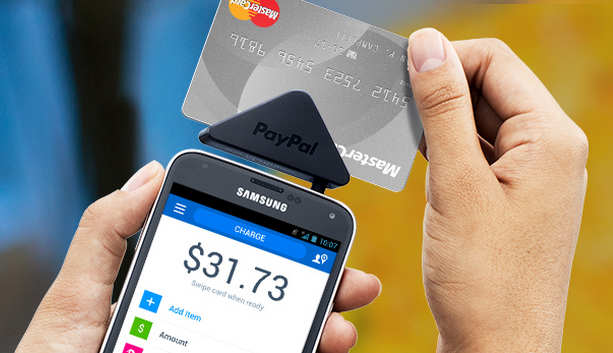Mobile payment processing is the act of making a payment using a mobile device. Mobile payments can be made in a number of ways, including:
- In-app payments: These are payments made within a mobile app, such as when you make a purchase on an ecommerce site through a retailer’s app.
- Mobile web payments: These are payments made through a mobile website, such as when you make a purchase on an ecommerce site through your phone’s web browser.
- NFC payments: These are contactless payments made usingNear Field Communication (NFC) technology. NFC-enabled devices can communicate with each other when they are close together, making it possible to make a payment by simply holding your device next to the NFC reader at the point of sale.
- SMS payments: These are payments made by sending an SMS text message to a shortcode. This type of payment is typically used for things like making a donation to a charity or buying a digital product, such as a ringtone or game.
- MMS payments: These are payments made by sending an MMS multimedia message to a shortcode. This type of payment is typically used for things like buying a digital product, such as a ringtone or game.
- QR code payments: These are payments made by scanning a QR code with your mobile device. QR codes can be scanned using a QR code reader app or built-in to some phones.
Mobile payment processing can be used for a variety of purposes, including:
- Paying for goods and services: Mobile payment processing can be used to pay for goods and services in physical stores, as well as online.
- Making person-to-person payments: Mobile payment processing can be used to send money to friends and family, as well as pay for goods and services.
- Donations: Mobile payment processing can be used to make donations to charities and other causes.
- Crowdfunding: Mobile payment processing can be used to support crowdfunding campaigns.
When you are ready to make a mobile payment, you will need to have a few things ready:
- Your mobile device: You will need to have your mobile device with you in order to make a mobile payment.
- A supported payment method: You will need to have a supported payment method, such as a credit or debit card, in order to make a mobile payment.
- A mobile payment processor: You will need to have a mobile payment processor in order to process the payment.
There are a few things to keep in mind when you are choosing a mobile payment processor:
- Transaction fees: Mobile payment processors typically charge transaction fees, which can vary depending on the processor and the type of transaction.
- Payment methods: Not all mobile payment processors support all payment methods. Be sure to check with the processor to see which payment methods are supported.
- Security: Mobile payment processors typically use security measures to protect your information and transactions. Be sure to check with the processor to see what security measures are in place.
Now that you know a little bit about mobile payment processing, you’re ready to start using it to pay for goods and services. Be sure to choose a reputable processor and follow the instructions carefully to ensure a safe and secure transaction.

